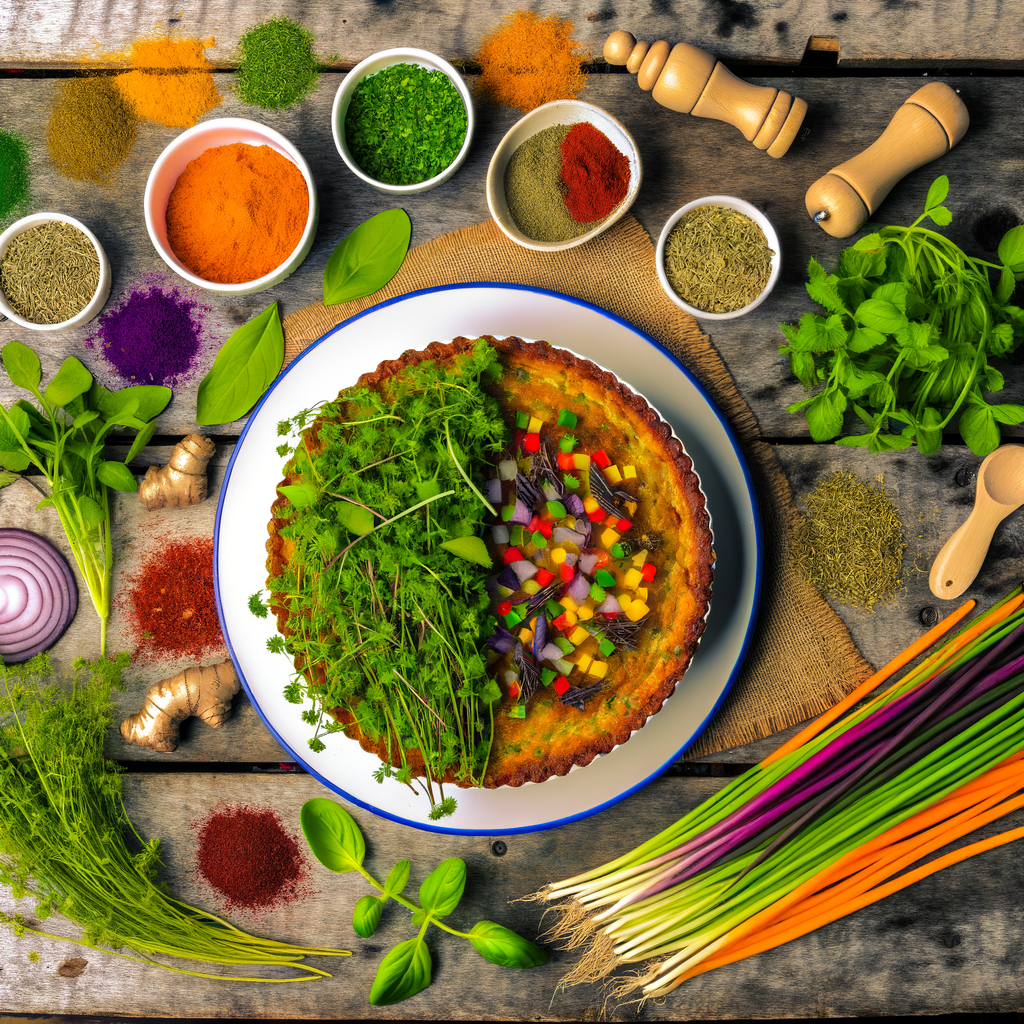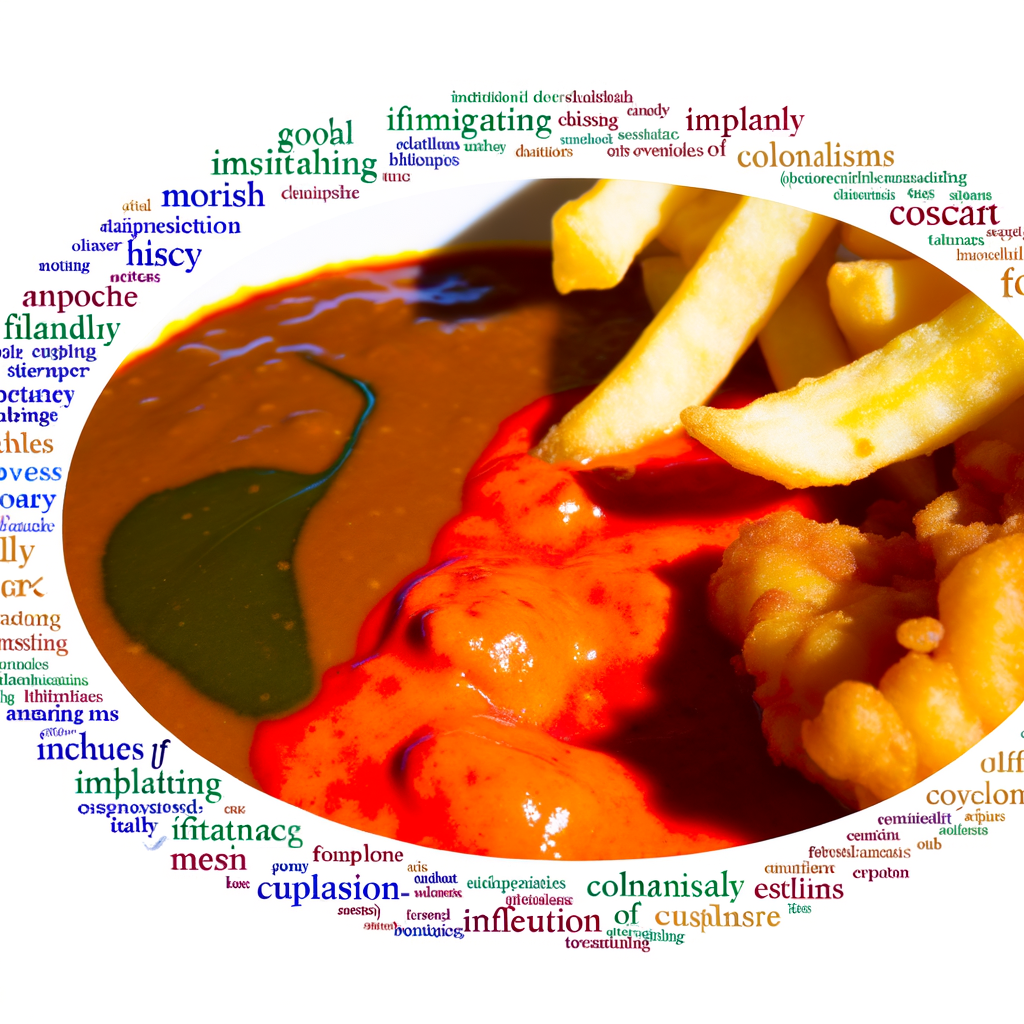British cuisine has often been overlooked and underestimated, with many labeling it as bland and unexciting. However, as a British food critic, I have had the pleasure of witnessing the evolution of British cuisine over the years. One particular aspect that has greatly contributed to this evolution is the incorporation of international flavors, especially through the use of herbs.
The British food culture has always been influenced by different countries and their cuisines, mainly due to the history of the British Empire. This has resulted in a diverse range of flavors and ingredients being introduced to British cuisine. Herbs, in particular, have played a significant role in adding depth and complexity to many traditional British dishes. For instance, the use of coriander in fish and chips, and rosemary in roast beef, have become popular staples in British households.
Moreover, the modern British food scene has embraced the use of herbs in more unconventional ways. Chefs are now incorporating herbs from different countries, such as cilantro from Mexico and lemongrass from Thailand, to create unique and innovative dishes. This not only adds a burst of flavor to the dish but also showcases the fusion of different cultures in British cuisine.
As an expert chef, I am proud to see British cuisine evolve and embrace international flavors. I believe that this trend will continue to grow, as more chefs experiment with herbs and other ingredients from around the world. It is an exciting time for British food culture, and I am committed to passing on this legacy to future generations.





